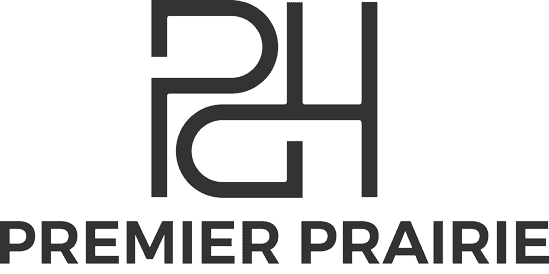After waving bleakly at my screen and saying goodbye to my colleagues following yet another unproductive work meeting, I close my laptop and breathe a sigh of relief, signaling the end of my day. My phone starts ringing beside the laptop, skittering across my desk. Ignoring it, I gather myself to leave my office chair. Ring, ring, ring… The phone screen lights up with an unknown number. Giving in to the call of the stranger.
“Hello?”
“Hi, is this our Airbnb Host, Dayne?”
“Yes, it definitely is. What can I help you with today?”
“We just wanted to let you know that we arrived at the house just now… and the house is a disaster.”
My heart drops.
“Thank you so much for letting me know! I apologize for this; there must have been a miscommunication with my cleaning staff. Let me treat you to supper while I make sure the space is ready for you.”
Short-term rentals are glorified on social media as the cash flow king of all real estate investments, boasting exorbitantly high monthly rental income and promising a single property can retire you from the workforce. What they don’t tell you are the intricacies and pitfalls awaiting non-savvy investors trying their hand at this strategy. Let me walk you through some of these minefields and hopefully leave you better prepared for when you try hosting your first short-term rental:
Best Practices for Managing Short-Term Rentals
To succeed with short-term rentals, it’s crucial to utilize the right platforms and tools.
Listing and Marketing:
Airbnb and VRBO are the most popular choices, but in competitive markets, having your own direct booking website and posting on platforms like Hotels.ca or Google Search can enhance visibility. Professional photography is a must, as your digital first impression can convert views into bookings. Thorough, animated descriptions with emojis add warmth and can attract more guests.
Airbnb and VRBO are the most popular choices, but in competitive markets, having your own direct booking website and posting on platforms like Hotels.ca or Google Search can enhance visibility. Professional photography is a must, as your digital first impression can convert views into bookings. Thorough, animated descriptions with emojis add warmth and can attract more guests.
Guest Communication and Management:
Automated messaging services like Hospitable or Guesty streamline guest communication, handling recurring messages and answering frequent questions. House rules should be shared via Google Docs and visibly posted in the property. After the first night, send a feedback request to address any issues promptly. For example, I once had a guest who appreciated the quick follow-up, allowing me to resolve a minor issue before it became a problem.
Automated messaging services like Hospitable or Guesty streamline guest communication, handling recurring messages and answering frequent questions. House rules should be shared via Google Docs and visibly posted in the property. After the first night, send a feedback request to address any issues promptly. For example, I once had a guest who appreciated the quick follow-up, allowing me to resolve a minor issue before it became a problem.
Maintenance and Housekeeping:
Assemble a reliable team and use tools like Turno for automated scheduling. Cleaners should be well-trained in short-term rental needs, conducting inspections and inventory checks. This way, you can focus on growing your business without being bogged down by daily chores.
Assemble a reliable team and use tools like Turno for automated scheduling. Cleaners should be well-trained in short-term rental needs, conducting inspections and inventory checks. This way, you can focus on growing your business without being bogged down by daily chores.
Legal and Regulatory Compliance:
Compliance with local laws and regulations is essential to avoid risks and potential shutdowns. Ensure your property is correctly insured for short-term rental use. Non-compliance can lead to costly fines and operational disruptions.
Compliance with local laws and regulations is essential to avoid risks and potential shutdowns. Ensure your property is correctly insured for short-term rental use. Non-compliance can lead to costly fines and operational disruptions.
Dynamic Pricing:
Lastly, dynamic pricing tools like Pricelabs can optimize your earnings by adjusting rates based on demand. This ensures you get the most out of every booking opportunity. For instance, during a big country concert in town, dynamic pricing helped me significantly increase my nightly rate, maximizing profits.
Lastly, dynamic pricing tools like Pricelabs can optimize your earnings by adjusting rates based on demand. This ensures you get the most out of every booking opportunity. For instance, during a big country concert in town, dynamic pricing helped me significantly increase my nightly rate, maximizing profits.
By actively managing and continuously improving your process, you can stay ahead in search algorithms and maximize your rental’s potential.
